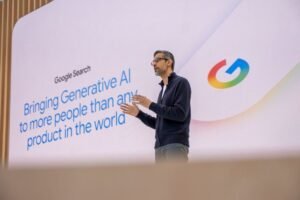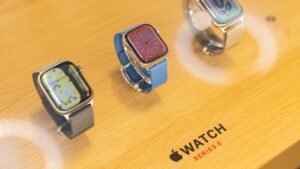When AI Fails in Marketing (and What We Learned)
Brands big and small are experimenting with artificial intelligence (AI), with varying levels of success. Amazon uses AI to predict what you want to buy; Spotify leverages it to select music for your playlists; and digital assistants like Apple’s Siri are AI tools personified.
But among those successes are plenty of missteps. As far as the technology has come, AI isn’t foolproof, in part because the humans who design it aren’t. But let’s not take down the companies that make mistakes: by pushing boundaries in the AI world, they’re offering valuable lessons to the rest of us. Here are the lessons from four recent AI bloopers.
Burger King didn’t use AI to create the ad it unleashed in April, but it did take advantage of the technology. The 15-second spot consisted mostly of a line designed to wake up viewers’ Google Home devices. “OK Google, what is the Whopper burger?” prompted the digital assistants to read aloud from the Whopper’s Wikipedia page, which had been edited for maximum marketing punch. While some viewers were probably amused, others were furious at the whopper of an intrusion. Google ended up programming Home devices to ignore the ad.
Lesson: There’s a fine line between clever push-marketing and invasion of privacy. Burger King execs may have figured any blowback would be worth it, but they likely hadn’t foreseen that critics would edit the Whopper wiki page, adding ingredients like “toenail clippings” and “rats” to its description, which were then read aloud in viewers’ homes. (Then again, the ad industry loved it.)
Lesson: Human judgment — and oversight — is still required. Google underestimated that, as did advertisers, who failed to keep close tabs on where their ads ended up.





